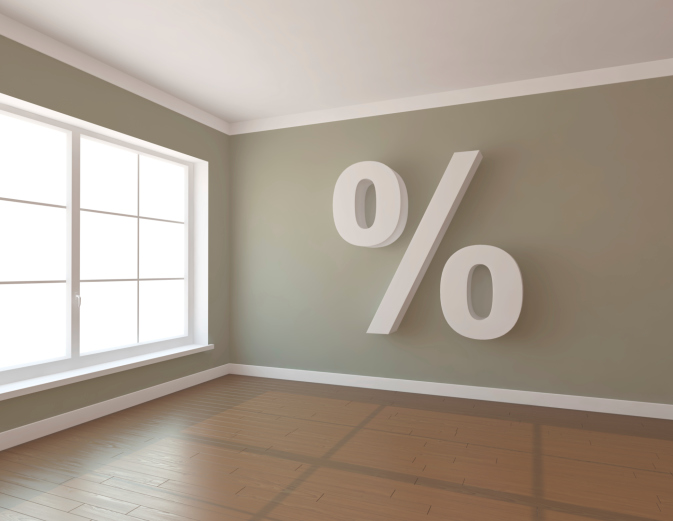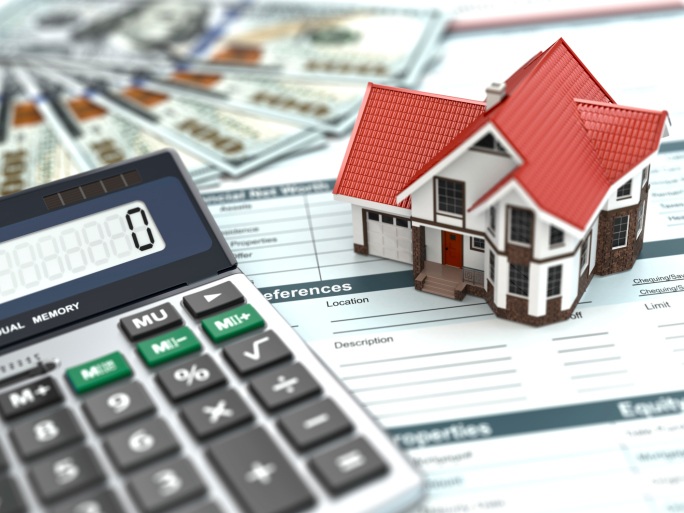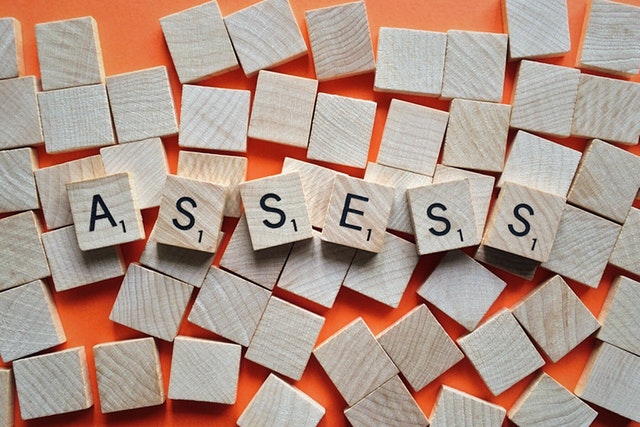3 Reasons Why the Lowest Mortgage Interest Rate Isn’t Always Your Best Option
 One of the more common methods that home loan applicants use to find the best loan program available is to compare interest rates, but choosing the lowest rate possible is not always the best option available. In fact, in some cases, it may be one of the least advantageous options when all factors are considered. With a closer look, home mortgage applicants may decide to review other factors in combination with the interest rate to make a more informed decision when applying for a new loan.
One of the more common methods that home loan applicants use to find the best loan program available is to compare interest rates, but choosing the lowest rate possible is not always the best option available. In fact, in some cases, it may be one of the least advantageous options when all factors are considered. With a closer look, home mortgage applicants may decide to review other factors in combination with the interest rate to make a more informed decision when applying for a new loan.
The Closing Costs Impact The Rate
It is important to note that lenders can increase or decrease the interest rate with adjustments to closing costs, and this means that some of the lowest interest rates available may also have some of the higher closing costs. In some situations, choosing the lowest interest and paying more in closing costs is acceptable. However, a loan applicant should be aware of this and should compare interest rates along with closing costs in order to find the best loan program available.
The Loan Term Affects The Rate
Generally, a shorter loan term will have a lower interest rate. However, even with the lower interest rate, the mortgage payment may be higher due to the shorter term. A higher mortgage payment can impact affordability as well as loan qualification in some cases, and there are instances when the higher interest rate associated with a longer term is most desirable.
The Interest Rate May Adjust
Adjustable rate mortgages typically have lower interest rates than fixed rate mortgages, but the interest rate with an ARM may adjust higher in the future. For those who only plan to own the home or to retain the mortgage for a short period of time, this may be acceptable and even desirable. However, for those who plan to own the home or retain the mortgage for a longer period of time, the potential for a rate adjustment in the future may not be preferable.
For individuals who are shopping around to compare interest rates and to find the best deal on a mortgage, there may be a desire to opt for the lowest interest rate, but this is not always the best strategy. The interest rate can reflect many aspects of the loan, and each of these points should be analyzed to find the best loan program. A mortgage broker can provide assistance comparing loan terms and helping loan applicants determine which is the best solution for their needs.

 When applying for a new home mortgage, many loan applicants initially consider applying for a 30-year fixed rate mortgage. This is perhaps the most common and traditional type of mortgage available. It allows you to enjoy the opportunity to pay for your home over the course of 30 years with equal payments every month. While this is one option, there are actually multiple choices available. For some applications, a variable rate mortgage may be more advantageous. If you are comparing the options between a fixed rate and a variable rate mortgage, you may consider a few points.
When applying for a new home mortgage, many loan applicants initially consider applying for a 30-year fixed rate mortgage. This is perhaps the most common and traditional type of mortgage available. It allows you to enjoy the opportunity to pay for your home over the course of 30 years with equal payments every month. While this is one option, there are actually multiple choices available. For some applications, a variable rate mortgage may be more advantageous. If you are comparing the options between a fixed rate and a variable rate mortgage, you may consider a few points. When you initially start shopping for a home mortgage, you may be drawn to advertisements for ultra-low interest rates. These may be rates that seem too good to be true, and you may gladly contact the lender or mortgage company to complete your loan application. However, the unfortunate truth is that all too often, mortgage applicants are unpleasantly surprised and even disheartened to learn that they do not qualify for the advertised interest rate. By learning more about the factors that influence your interest rate, you may be able to structure you loan in a more advantageous way.
When you initially start shopping for a home mortgage, you may be drawn to advertisements for ultra-low interest rates. These may be rates that seem too good to be true, and you may gladly contact the lender or mortgage company to complete your loan application. However, the unfortunate truth is that all too often, mortgage applicants are unpleasantly surprised and even disheartened to learn that they do not qualify for the advertised interest rate. By learning more about the factors that influence your interest rate, you may be able to structure you loan in a more advantageous way. Do you have a mortgage? You’ve likely seen or heard a lot about mortgage refinancing as interest rates remained low in recent months.
Do you have a mortgage? You’ve likely seen or heard a lot about mortgage refinancing as interest rates remained low in recent months. Many first time home buyers often wonder what factors determine their mortgage rate. Is it their credit score? Is it the type of loan chosen? Is it the size of the loan?
Many first time home buyers often wonder what factors determine their mortgage rate. Is it their credit score? Is it the type of loan chosen? Is it the size of the loan?